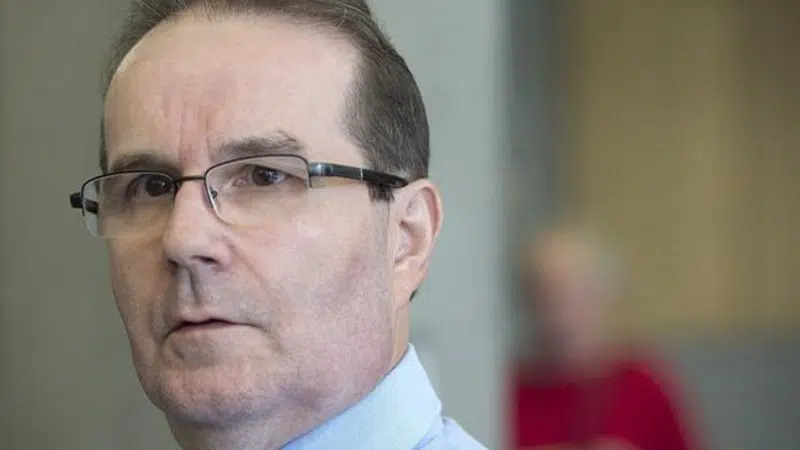
Glen Assoun calls for reform in how Ottawa considers cases of wrongful conviction
HALIFAX — Tethered to an ankle monitor and alone in a British Columbia basement apartment in the fall of 2017, Glen Eugene Assoun felt his sanity slipping away as his wrongful conviction file languished in Ottawa.
“I was sitting at the table and hearing voices. I was losing my mind,” the 63-year-old recalled in a recent interview at his Halifax apartment.
“It started to dawn on me: Why is it taking so long to get justice?”
Assoun, his family and lawyers with Innocence Canada say the years spent on bail — awaiting a ministerial declaration that his conviction for murder was likely a miscarriage of justice — point to a slow, overly political and under-staffed system for probing wrongful convictions.
